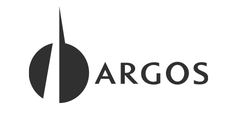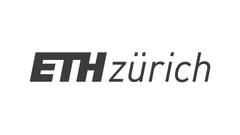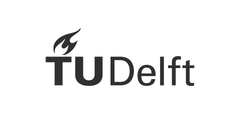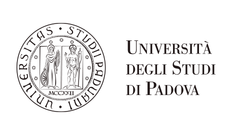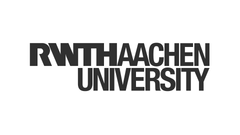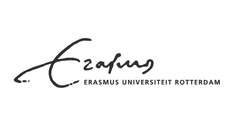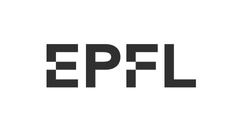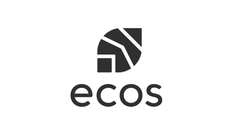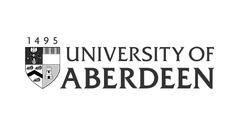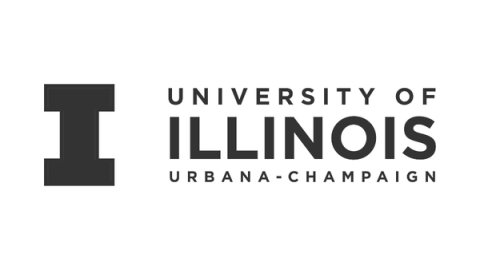
Data Enabling Transformation and Optimization towards Concrete Sustainability – will help cement plants increase their use of SCMs, thus reducing the clinker factor and associated CO2 emissions. Cement plants are already gathering vast amounts of operating data – our ambition is to combine this data with a fundamental understanding of cement chemistry to create advanced predictive models, allowing cement plants to quickly adapt and optimise their processes to new SCMs and produce very low-carbon cement on demand.
Increasing the use of supplementary cementitious materials (SCMs) is one of the main pathways to decarbonizing cement production – itself the primary challenge when considering the sustainability of concrete. These materials replace a fraction of the clinker in cement: as clinker production represents the largest source of carbon emissions in cement, reducing the amount used thus lowers the carbon footprint of cement.
The use of SCMs is not new: industrial byproducts such as fly ash, calcined clay, and blast furnace slag have been added to cement for decades to reduce the cost of production. But their use must increase significantly if decarbonization goals are to be achieved. The ultimate goal in DETOCS is to help reduce the clinker factor of cement from about 70% today to 40% by 2030.
Increasing the use of SCMs in cement production is a complicated initiative. Achieving the targeted reduction in clinker factor will not only require the rapid scaling-up in the quantity of SCMs used, but also the use of novel SCMs as the supply of traditional materials becomes constrained. However, cement chemistry is complex: changing both the amount and type of SCMs may impact the performance of cement and, ultimately, concrete. This has traditionally limited the use of SCMs in some applications in the construction sector.
Developing new digital tools and models may hold the answer
The DETOCS Project aims to help solve some of these issues. It proposes a new approach to rapidly increasing the use of SCMs in existing cement production facilities. Workstreams will focus on exploiting the latest innovations in digital tools to predict and control the quality of cement and concrete blends with high amounts of SCMS compared to today’s standards. The project ultimately aims to lay the scientific foundations to create knowledge and new models to study the production of high-quality SCMs and their impact on low-carbon cement and concrete mixes.
The project brings together leading scientific expertise, interdisciplinary knowledge, engineering solutions, and real-world process data. It consists of fifteen international PhD projects undertaking complementary research, accompanied by a balanced mix of the latest scientific and transferable skills training, delivered by the project’s local academic partners.
Funding is provided by the Horizon Europe research and innovation program under Marie Skolodowska-Curie (grant agreement No 101119929), with additional funding from the Swiss State Secretariat for Education, Research, and Innovation (SERI) and the UK Research and Innovation fund (UKRI).
Project timeline
START
01.Sep.2023
END
31.Aug.2027
The Horizon Programme
This project has received funding from the European Union’s Horizon Europe research and innovation programme under the Marie Skłodowska-Curie grant agreement No 101119929. Funded by the European Union. Views and opinions expressed are however those of the author(s) only and do not necessarily reflect those of the European Union or European Research Executive Agency (REA). Neither the European Union nor the REA can be held responsible for them.
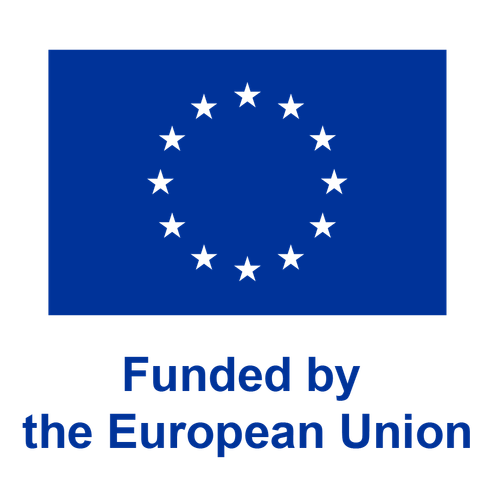
PhD Projects
15 complementary PhD projects
DC-1
Accurate prediction of clinker quality and process-related information using a high temperature thermodynamic approach
The aim of Ramón Bandak Ramírez's thesis is to develop a model to predict the mineralogical composition of an OPC cement clinker in a cement plant, considering its chemical composition, type of raw materials, the mineralogical composition combined with relevant process parameters.
The first step is to set up a consistent set of Gibbs energies for all clinker phases accounting for minor components. This database is the basis for the clinkerization model using the Factsage Gibbs Energy minimization software and its Python interface. This database will also be used in the KilnSimu software, which allows a mass/heat transfer steady state modeling of a rotary kiln for clinker production.
In the second phase, the clinker database will be combined with hydration models using the GEMS software from the Paul Scherrer Institute in Switzerland, within the Marie-Curie network, and benefit from collaboration with RWTH Aachen in Germany and Cimentos Argos in Colombia.
The thesis is structured into two parts: 18 months at the SIMaP laboratory (CNRS / Université Grenoble Alpes) in France for model development and experiments, and 18 months at FLSmidth in Denmark to facilitate a more detailed integration with the industry.

Ramón Bandak Ramírez
DC-2
Thermal activation of SCMs: Process Models and Quality Prediction
The PhD project, titled "Thermal Activation of SCMs: Process Models and Quality Prediction," under DETOCS framework, aims to develop advanced process models for the thermal activation of Supplementary Cementitious Materials (SCMs), focusing on calcined clay. This project, conducted by Wang Qun, will integrate thermodynamic and heat transfer models to optimize kiln and flash calciner operations. Supervised by Dr. Wilson Ricardo Leal da Silva at FLSmidth A/S, Dr. Alexander Pisch at the University of Grenoble Alpes, and Prof. Marcus Campbell Bannerman at the University of Aberdeen, the research will link process conditions to material properties using machine learning, enhancing low-carbon cement production.

Wang Qun
Partners
FLSmidth A/S (Dr. Wilson Ricardo Leal da Silva), University of Grenoble Alpes (Dr. Alexander Pisch), University of Aberdeen (Prof. Marcus C. Bannerman)
DC-3
Chemical activation of SCMs via carbonation and admixtures: Quality Prediction
The PhD project, titled "Chemical Activation of SCMs via Carbonation and Admixtures” under the DETOCS framework, focuses on recycled cement paste (RCP) and industrial slags, specifically on how their properties can be improved through carbonation. The research, conducted by Sruthi Sreeram, aims to explore the influence of carbonation on the reactivity and rheology of the SCMs in order to develop a model that links material properties to the performance of the carbonated material. This project is supervised by Dr. Tim Wangler from ETH Zürich and Dr. Wilson Ricardo Leal de Silva from FLSmidth Cement.

Sruthi Sreeram
DC-4
Mechanical activation of SCMs: Process Models and Quality prediction
In DC4, we propose a novel data-driven, application-based testing regime designed for integration into cement plants, which aims to optimize mechanical processing parameters for supplementary cementitious materials (SCMs). The approach involves identifying key material properties that influence the reactivity of mechanically activated SCMs, along with determining process parameters crucial for achieving desired material quality. By utilizing data collected through experimental work and process parameters, our objective is to accurately predict the performance of SCMs and then validate the reactivity of SCMs using this application-based testing methodology. This integrated approach promises significant advancements in the efficiency and applicability of SCMs in the construction industry.

Marcelly Pires de Sousa Ramos Cipriano
DC-5
Quality prediction of low-carbon cement blends.
The project is aimed at integrating thermodynamic methods with standard cement characterization techniques to develop a predictive model that would enable the design of optimized low-carbon cement blends. By leveraging data from thermal and microscopic analyses, the project will create numerical models that correlate clinker mineralogy and supplementary cementitious material (SCM) reactivity with key performance indicators. This approach will enable faster and more accurate predictions of cement performance, thereby facilitating the custom optimization of blended cement mix designs. To achieve this, research activities will include development of pragmatic test methods for the verification of cement blend quality, development of customized optimization of cement mix designs, and ultimately, the development and integration of predictive models to estimate the performance of final cement blends.

Ismael Kinoti
DC-6
Environmental and technical performance-based design of concrete produced with low carbon cement
This project explores innovative methodologies to enhance the sustainability of concrete production by incorporating recycled cement paste (RCP) as a secondary additive. Focused on reducing the industry's carbon footprint, the research integrates cutting-edge modelling techniques to predict and optimize the performance of concrete mixes. These models will be designed to evaluate early strength development and long-term durability, crucial for achieving the dual objectives of sustainability and structural reliability, as well as implementing an environmental impact assessment.

Anıl Esen
Supervisors
Priya Perumal (C2CA), Thomas Matschei (RWTH Aachen)
Project Partners
C2CA Technology, RWTH Aachen
Industrial Partners
MANNOK, ARGOS, EPFL
DC-7
Impact of material variability on concrete performance
DianaGomez started as a PhD researcher in the #DETOCS project under the supervision of Dr. Abraham Gebremariam on the variability of materials on concrete performance, with special emphasis on the variation of #aggregate types on #concrete performance and their synergy of #SCMs in concrete. The study aims to identify critical material characteristics that influence concrete performance and develop guidelines or strategies for mitigating the downsides of material variability (including #recycledAggregates and SCMs) in the production of concrete. Her ultimate goal will be assessing such variations and providing practical solutions for achieving a more reliable and #sustainable #concreteProduction process.

Diana Gomez
DC-8
Quantifying concrete properties from cement paste scale tests.
The purpose of this project is to develop a methodology to unravel long-term durability behaviour of concrete from the paste-scale tests. Various durability-based testing methods with respect to chloride ingress and carbonation will be tested on blended systems at both paste and concrete scales. In addition, microstructural characterization will be used to identify the key durability indicators at the paste scale for rapid assessment of concrete durability. Furthermore, the paste to concrete predictions will be validated based on lab tests and concrete plants data. Overall, this thesis will potentially probe the key aspect of predicting concrete properties from cement paste scale tests in a reliable and fast manner, which could pave the path for rapid adoption of novel low-carbon cements.

Dhanush Sahasra Bejjarapu
Host institute
EPFL
Partners
C2CA, ARGOS, RWTH
DC-9
Soft-sensing & data analytics for in-line measurements in low-carbon cement production.
The purpose of this project is to build mathematical systems capable of increasing the level of control and interpretability of cement production processes, by developing soft-sensing and interpretable anomaly detection systems to be implemented in real life processes. Soft-sensors are software sensors that take data from the process and using their programming directives predict in real time a desired set of properties that are otherwise costly and time consuming to evaluate using laboratory techniques. The core of a soft-sensors is the predictive models embedded in it, models that the DC9 project aims to develop by identifying the best machine-learning techniques capable of accurately describing data typically collected in the cement industry. Using these models and the developed soft-sensors, the next step is to build monitoring and interpretable anomaly detection systems capable of real-time detection of anomalies in the cement production processes allowing for timely interventions on the process operators side that can implement solutions for the detected problems, hence preventing potential process unscheduled shutdowns and save product quantities that would otherwise not meet the specifications required by the industry. Thus, the DC9 project aims at using computational techniques, especially machine learning, to increase the level of control and operability of cement production processes and increase the degree of digitalisation of the cement industry.

Mihnea Stefan
Partners
University of Padova and FLSmidth
DC-10
Traceability of concrete materials along the value chain.
Muhammad Imran Waris started his PhD on 01-05-2024, working in the Resource and Recycling group at TU Delft under the supervision of Dr. Francesco Di Maio. His research focuses on the traceability of concrete materials along the value chain. His objective is to develop and apply a material passport based on Radiofrequency Identification (RFID) to monitor and track the quality of concrete materials. Furthermore, he aims to develop an online database of the material’s properties and integrate it with the RFID to access the material’s information at any stage of the value chain. He is working in collaboration with Cementos Argos, C2CA, and Mannok Holdings.

Muhammad Imran Waris
Partners
ARGOS, C2CA, MNK
DC-11
A machine learning framework to predict low-carbon cement and concrete quality.
Machine Learning (ML) is well-established for process monitoring in other industries, but data-usage in cement production remains challenging: The processing of solid material is intrinsically complex to describe, while both the variability of raw material characteristics as well as process conditions affect product quality. DC11 aims to develop a framework for ML in cement and concrete production, incorporating both process data and data of raw and intermediate materials to enhance product quality and formulations and maximize the use of SCM, while reducing energy consumption, emissions, costs and variability in the final product. Supervised ML will be applied on quality estimation; in particular, latent variable model inversion for product optimization and explainability for identification of main drivers for variability. Further techniques include Data Mining, ML-based prognostics and unsupervised ML for advanced diagnostics. The developed ML framework will combine knowledge from first-principles models, raw data and soft-sensed data.

Thorsten A. Kalb
Supervisors
Prof. Gian Antonio Susto (University of Padua), Dr. Chiara Masiero (Statwolf)
Partners
University of Padua, Statwolf, FLSmidth, Mannok, Argos
DC-12
Drivers and barriers to the end-user adoption of low-carbon cement.
Several non-technical issues constrain the end users' adoption of innovative low-carbon cement blends. Prescriptive cement standards are identified as one of the most important barriers, but industry- and firm-specific characteristics, such as end-user avoidance of technical and market risks and a high level of price sensitivity, also play significant roles. These factors, together with high investment and learning costs, are crucial considerations in decarbonizing the concrete industry. However, the specific barriers to adopting low-carbon emission cement blends are largely understudied.
The objective of this doctoral mission is to determine how industry regulations and standards affect the adoption of low-carbon cement blends. Additionally, it aims to assess how industry-specific characteristics influence the adoption of low-carbon cement blends and to identify which firm-level internal characteristics impact their adoption. This interdisciplinary work draws key concepts from political economy and sciences, evolutionary economics, sustainability transitions, and innovation management.
The DC12 operates within Work Package 4 on market acceptance of low-carbon cement. It is expected to deliver: 1) a comprehensive list of bottlenecks related to low-carbon cement market acceptance, 2) solid evidence of the environmental and economic impacts of concrete made with low-carbon cement, and 3) a report on “The Future of the Cement and Concrete Industry".

Malek Al Jebaie
Partners
The work of DC12 hosted at the Institute for Urban Development and Housing (IHS) at Erasmus University of Rotterdam in the Netherlands, under the supervision of Dr. Beatriz Calzada Olvera. It is co-hosted by the industrial partner, the Environmental Coalition on Standards (ECOS) in Belgium, with the co-supervision from Dr. Joren Verchaeve.
DC-13
Rapid SCM characterisation method based on computer vision.
This project aims to explore the measurements of particle properties through image analysis and correlate these to the chemistry and composition of SCMs and their reactivity in low carbon cements. The project focus is to develop an image analysis method to capture SCM dissolution and integrate a hyperspectral imaging technique for characterizing the reactivity of SCMs. By correlating SCM composition and reactivity with optical data, the project seeks to provide deeper insights into SCM behavior and performance. The integration of advanced optical methods will pave the way for a rapid SCM characterization method, contributing to the ongoing efforts of reducing carbon emissions in the construction industry.

Sandra Mujombi
Partners
FLS, PARTICLE TECH, RWTH AACHEN, CEMENT ARGOS
DC-14
Development of a decentralised production model for production of cementitious binders from Secondary Raw Materials.
This project aims to develop digital and AI-driven technologies to optimize the production of high-quality secondary cementitious materials (SCMs) from construction and demolition waste which may include but not be limited to concrete. It involves evaluating input material quality using AI and sensor data, identifying physical correlations through literature review, numerical modeling, physical modeling, Systems identification, and experiments. Consequently, Integrating these insights into a process model for optimal control encompassing robust-adaptive techniques. The model will be tested and validated in C2CA Technology's flagship industrial plant. The project's outcome will facilitate the automatic evaluation of diverse input materials and enhance the production of SCMs, promoting sustainable concrete practices.

Marco Andres Auza Sanchez
Partners
C2CA Technology, TU Delft
DC-15
Environmental and economic performance of low carbon cement
There are a multitude of potential alternative cementitious materials which can be used to reduce the clinker-to-cement ratio, which are at varying levels of industrial readiness. DC15 seeks to define a landscape of commercially competitive novel cement blends and processes which improve the emissions profile and environmental performance of the cement industry, particularly as cost-competitive alternatives are essential for decarbonisation in developing economies. Life Cycle Assessment (LCA) and Techno-Economic Analysis (TEA) will be performed based on detailed assessments of upstream processes for low carbon cement blends. Prospective LCA, an emerging approach based on process modelling, will be leveraged to generate system inventory data in lieu of full-scale operational data. In addition to CO2 emissions, other environmental impact categories (e.g., ecotoxicity, particulate emissions) will be studied to ensure a holistic view of the environmental impacts is given. A typical production site will be defined as the basis for economic analysis, which will include both CAPEX (e.g., new unit installation, additional machinery, equipment upgrades) and OPEX (e.g., staffing, transport, raw materials, disposal) cost considerations.

Pippa Edwards
Partners
Imperial College London (ICL), FLSmidth, ARGOS, MNK, C2CA
Partners
News
2025-11-01
Here’s what has happened in the last quarter and what’s to come! (Q4)
Three episodes of the DETOCS Talks series have taken place, inciting copious discussions among the doctoral candidates (DCs) and the speakers. The first episode featured Dr. Soroush Mahjoubi from the Dept. of Materials Science and Engineering, Massachusetts Institute of Technology (MIT), presenting on data-driven material screening of secondary and natural cementitious precursors. Dr. Svetislav Nenadovic, a patent attorney at Fuller Technologies (formely FLSmidth Cement A/S), led the second episode with his insights on intellectual property in practice. “Hydration kinetics beyond Portland cement - Models, Approximations, and Relations to cement properties” was the title of the third episode, delivered by Prof. Vít Šmilauer from the Czech Technical University in Prague.
A week remains until the doctoral candidates meet once more for a training school and international workshop in the Netherlands, organized by industrial partner everox in collaboration with Fuller Technologies, the events will be focused on entrepreneurship and innovation.
Enjoy this month’s newsletter: Download here
— Sruthi Sreeram, DC3
2025-08-01
Here’s what has happened in the last quarter and what’s to come! (Q3)
As the doctoral candidates (DCs) spot the midway point of their projects in the offing, they have been sharing the first fruits of their labour, with some of them attending the “Shaping the fate of low-carbon cement science” conference in Ascona, Switzerland, the 4 International Conference on Sustainable Building Materials (ICSBM) in Eindhoven, Netherlands, and the 12 International Conference on Industrial Ecology in Singapore, disseminating their findings as presentations and posters.
The fourth DETOCS training school on Entrepreneurship Training is scheduled to be held in Rotterdam in November 2025, hosted by Everox, one of the industrial partners on the project. In addition, “DETOCS Talks” , a series of seminars by experts have been organized to provide additional academic and industrial context both within and complementary to the scope of their work.
Enjoy this month’s newsletter: Download here
— Sruthi Sreeram, DC3
2025-04-01
Here’s what has happened in the last quarter and what’s to come! (Q2)
In February 2025, the doctoral candidates (DCs) attended the LC3 Doctoral School at EPFL, along with other students and researchers from an array of diverse backgrounds. The doctoral school featured lectures from Prof. Karen Scrivener, Dr. Alastair Marsh, Dr. Antonina Goncharov, and Dr. Beatrice Malchiodi, as well as visits around the labs and hands-on sessions about various characterization techniques. The week was capped off with the annual project meeting with all the DCs and their supervisors, where the progress on all the projects so far was presented.
The DCs also attended an Online Training School along with the DCs of the CO2Valorize project on February 7, 2025, with presentations from Dr. Wilson Ricardo Leal da Silva, Dr. Angela Ullrich, Dr. Peter Stemmermann, and Prof. Wolfgang Kunther.
As the DETOCS DCs pick up steam, they have been presenting at conferences and drafting publications to share their findings with a wider audience. The fourth DETOCS training school on Entrepreneurship Training is scheduled to be held in Rotterdam in November 2025, hosted by C2CA Technologies.
Enjoy this month’s newsletter: Download here
— Sruthi Sreeram, DC3
Conferences where member of the DETOCS project will contribute
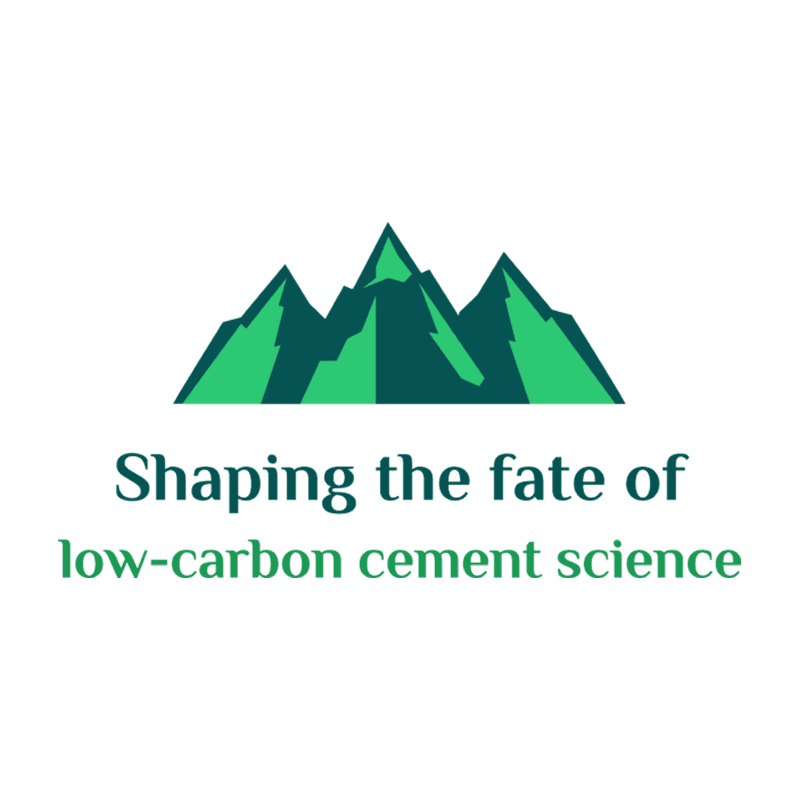
Shaping the fate of low-carbon cement science
Experts from cement chemistry, materials science, and engineering gather to address key scientific barriers to low-carbon cement. The conference connects research with real-world needs and outlines what’s still required to reach net-zero concrete by 2050.

ISIE2025
ISIE2025 brings global experts to Singapore to explore interconnectivity in industrial ecology. The conference fosters collaboration across academia and industry, inviting abstracts and ideas that push innovation, sustainability, and systems thinking toward a more circular, resource-efficient future.
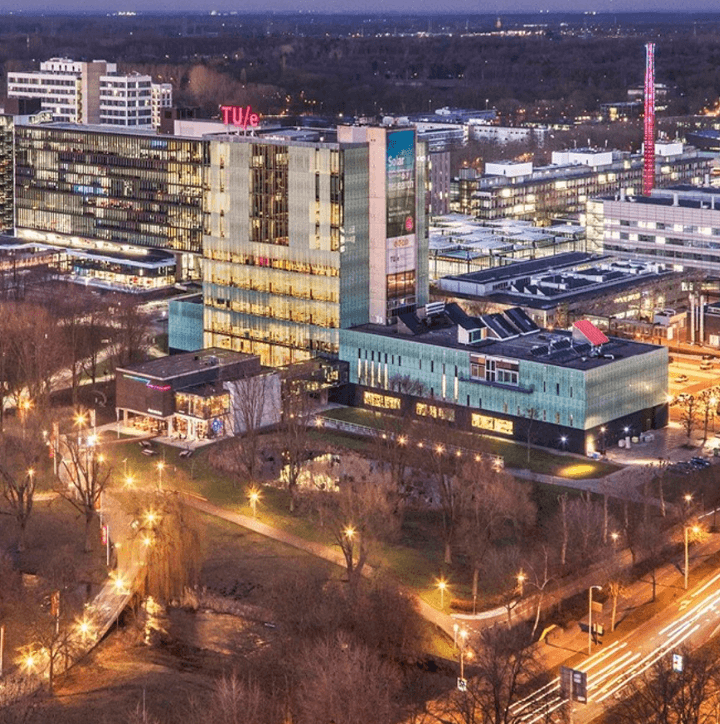
4th ICSBM
ICSBM 2025 in Eindhoven focuses on advancing sustainable building materials through science-driven innovation. From cement to biogenic alternatives, the conference explores durability, reuse, and lifecycle optimization—bridging disciplines to drive circularity and resilience in the global construction industry.
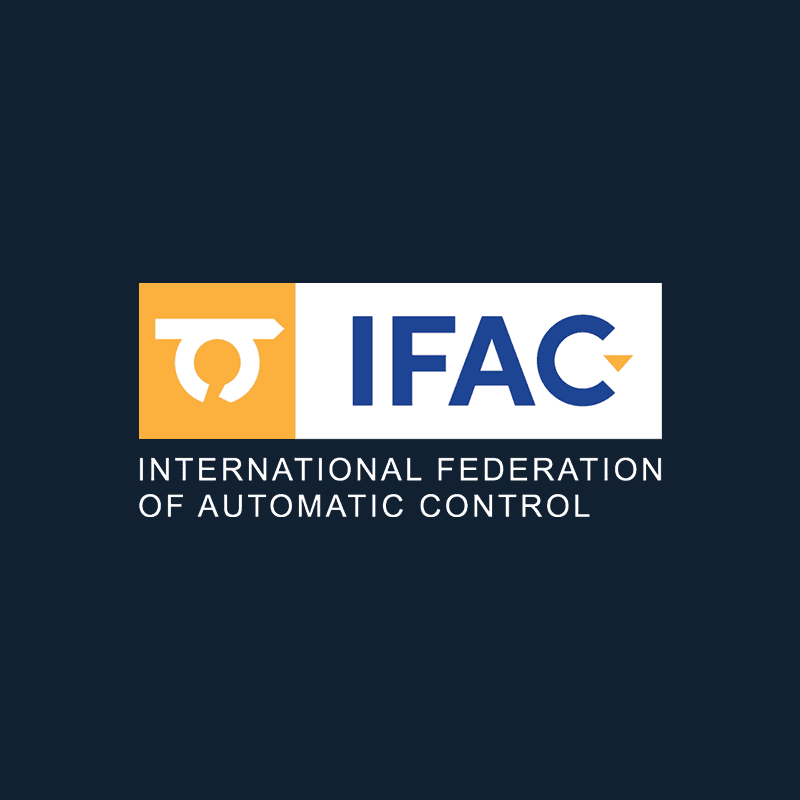
J3C Conference 2025
J3C 2025 gathers global experts in Padova to explore advances in control and automation. With tracks on intelligent systems, cyber-physical networks, and security, the event bridges research and industry - fostering innovation through workshops, keynotes, and hands-on exchange.
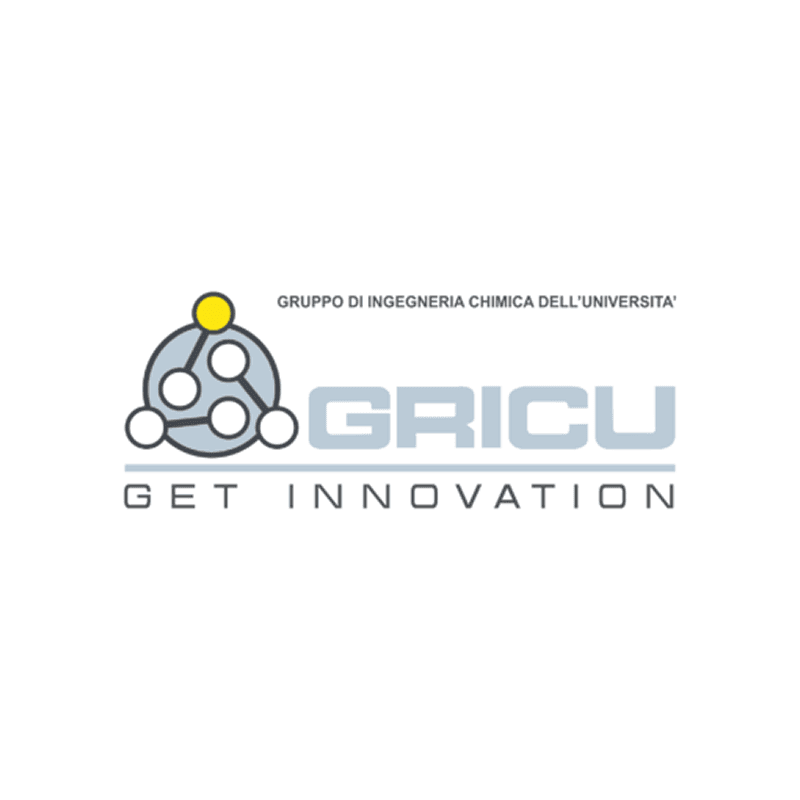
GRICU 2025 – Challenging Chemical Engineering
Held in Ischia, the 2025 GRICU Congress connects Italy’s chemical engineering community with academia and industry. With a focus on young researchers and real-world impact, it highlights the role of engineering in addressing today’s complex societal and technological challenges.
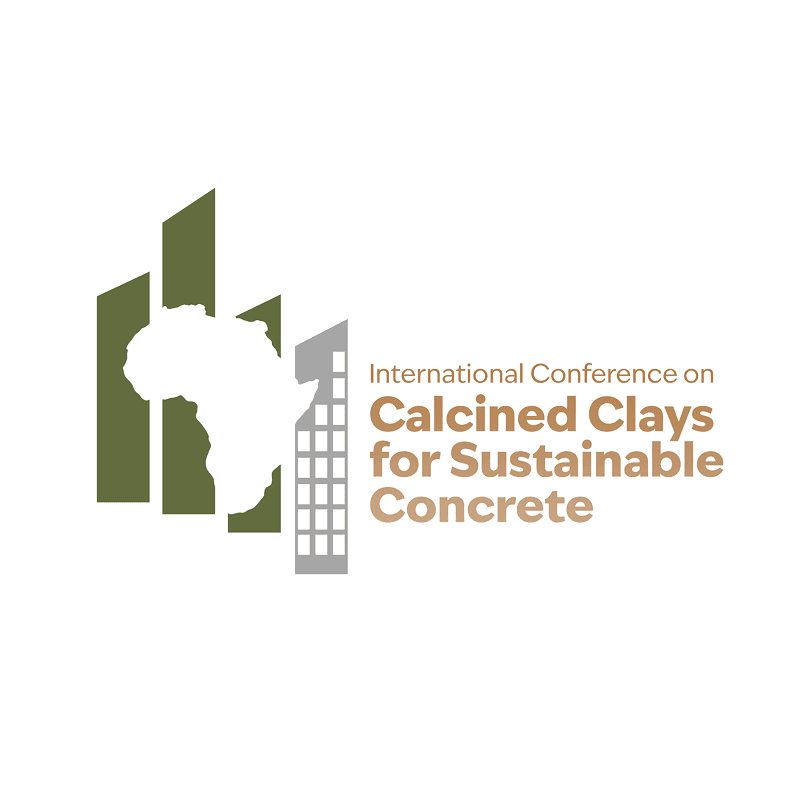
ICCCSC 2026
ICCCSC 2026 in Cape Town brings together global leaders to accelerate low-carbon concrete innovation. With a focus on calcined clay and LC³, the conference explores performance, application, and future trends - supporting sustainable construction through science, collaboration, and technology.
Recycling, Conservation, and Ressources
More information will be shared once the paper is published
Journal of Economic Geography
More information will be shared once the paper is published
IDA - News from the world of concrete research
More information will be shared once the paper is published
CONTACT
Get in touch with us
You can get in touch with our project coordinator and project manager by using one of the contact methods.

Wilson Ricardo Leal da Silva
Research Project Coordinator

